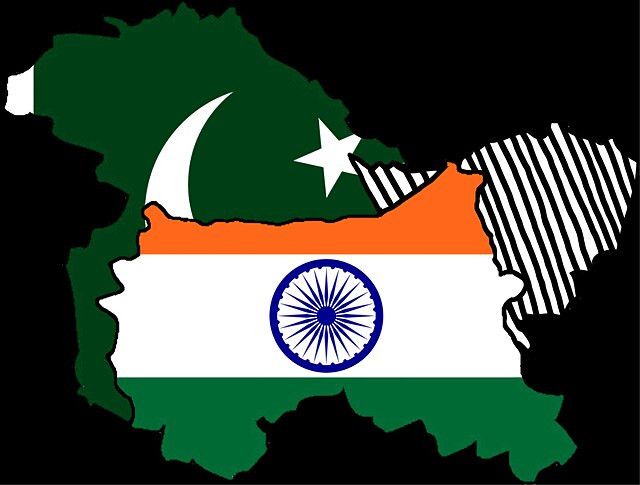Pakistan launched a series of retaliatory military strikes against India early Saturday, following what it described as missile attacks on three of its military bases by Indian fighter jets. The development marks the most serious escalation in hostilities between the nuclear-armed neighbors in decades, pushing tensions in the region to a critical point.
"India, with its naked aggression, has attacked with missiles. Nur Khan base, Murid base and Shorkot base have been targeted," said Pakistan military spokesperson Ahmed Sharif Chaudhry in a live broadcast on state television. The strikes reportedly occurred overnight, with residents near Rawalpindi's Nur Khan base reporting explosions and panic in densely populated neighborhoods.
In response, Pakistan initiated a counteroffensive it named Operation Bunyan Ul Marsoos, or "Wall of Lead," targeting Indian military infrastructure. Loud explosions were reported at the Pathankot airfield in Punjab and the Udhampur air force base in Indian-administered Kashmir. Blasts were also heard in Srinagar, Jammu, and near the airport in Indian-controlled Kashmir.
According to Pakistan's military, medium-range Fateh missiles struck airbases and a missile storage facility. Pakistan also claimed to have intercepted most of the six ballistic missiles India had fired earlier from Punjab.
"The Indian Armed Forces are maintaining a high state of alert, and all such aerial threats are being tracked and engaged using counter-drone systems," India's Ministry of Defence said in a statement.
Tensions have surged since a militant attack last month in Indian-administered Kashmir that killed 25 Hindu tourists and a guide. India blames Pakistan for facilitating the attack, an accusation Islamabad denies. In retaliation, India launched strikes on nine Pakistani sites Wednesday, killing at least 31 people, according to Pakistani officials.
Indian military authorities said Pakistan had escalated the situation by launching up to 400 drones targeting military installations and religious sites across Punjab, Rajasthan, Gujarat, and Indian-administered Kashmir. India's Foreign Secretary Vikram Misri stated: "The targeting of temples, gurdwaras, convents is a new low by Pakistan."
Pakistan's Information Minister Attaullah Tarar denied the accusation, saying Pakistan had not conducted "offensive actions" within Indian territory. However, a Pakistani security official told local media the drone attacks were "just to heat things up" in advance of broader strikes.
Footage released by Pakistan's military showed mobile missile launchers in operation. The Pakistani army claimed to have used Chinese-made air defense systems to down five Indian fighter jets during Wednesday's engagement, although India has yet to comment on the claims. Debris from multiple aircraft, including a French-made Rafale jet, was reportedly found in Indian-administered Kashmir and Punjab.
"We will not de-escalate - with the damages India did on our side, they should take a hit," Chaudhry said during a media briefing.
As military operations intensified, the G7 nations issued a joint statement urging both countries to exercise restraint. "We call for immediate de-escalation and encourage both countries to engage in direct dialogue towards a peaceful outcome," the group said Friday.






